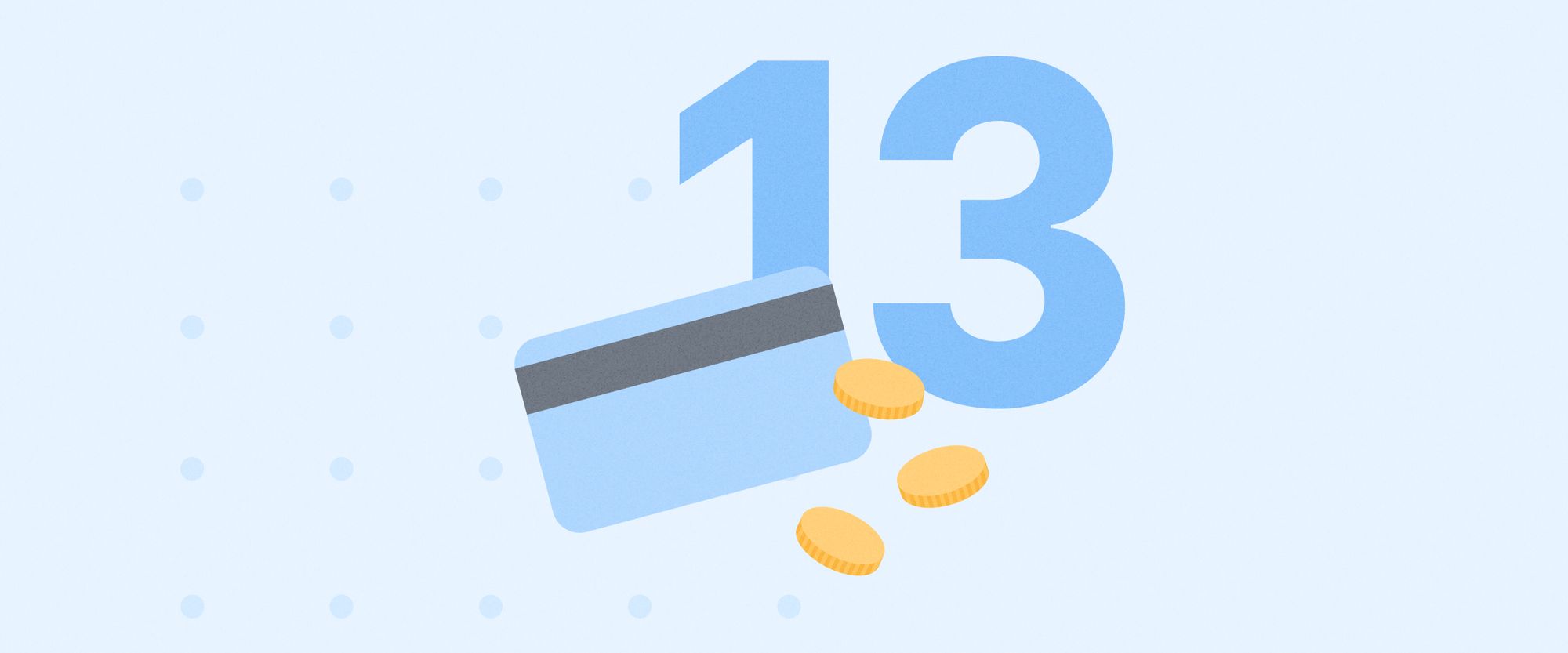There are only a few subjects in the early-stage investing ecosystem that result in a discussion as heated as when it comes to monetising the angel network. How much should the investor pay, what can you ask from the startup, and how to manage the survival of the organisation without sufficient funds can all be very polarising questions. After all, no one wants to dish out cash for no good reason and at the same time, no one wants to dedicate their time without getting something back (as a minimum, a sense of purpose would be lovely).
We are not here to judge and see every day how angel groups relying on low membership fees struggle to make ends meet and have to find ways of optimising their expenses. It’s especially true for non-profit associations which tend to gravitate towards being more of a club of like-minded people and less of an instrument to get deals done. With a ‘softer’ value proposition comes a higher barrier to what can be charged for the services provided. Nevertheless, the costs associated with running an angel group - staff, office, deal flow screening, assisting syndication, and organising events to connect angels - are still there.
So how can an investor group cover their costs and provide quality service to members? We have gathered some ideas from angel groups and hope that the list below serves as a starting point for internal discussions of angel groups bearing in mind that all options might not be feasible for every organisation. Non-profit groups may function differently from for-profit groups or venture funds therefore it’s important not to lose sight of the values and mission you’re on to make sure there is no conflict of interest with some of the fees.
But without further ado - here are 13 ways to monetise your investor group.
From your members
- Membership fee
- Due diligence fee for deals that have passed the first checkpoint and are taken forward to syndication
- Success fee on closed deals for the deal administration, such as contract, legal advice, investment vehicle related requirements etc
- Annual syndicate (deal leading) fee that covers annual and tax reports
From the companies
- Application/registration fee which gives the company access to the network - especially helpful to weed out the startups who have a machine-gun approach to raising funds and apply everywhere in hopes of a lucky shot
- Funding options assessment - basically, a consultation service to guide them to the right direction (which may or may not be angel syndicate)
- Training program on various subjects, e.g. pitch training
- Pitch event fee for the opportunity to showcase their startup to the group (one of the more controversial fees, use with caution!)
From the community
- Event participation fee from guests or group alumni for a lovely evening of mingling or to get the latest insights during an educational seminar
- Fee for sharing the deal flow with them, e.g. joining the pitch event, weekly “Now syndicating” email, or direct access to the deal flow
From the partners
- Promotion fee for sharing partner’s product or service in group channels
- Selling a slot to speak during the group event
- Affiliate marketing - commission from intros that convert
Whichever fees you choose, there is plenty of administration and tracking required to collect it and for a long time, our clients have been asking for a more convenient way of collecting the membership fees. We have listened - since last week, angel groups can collect membership payments automatically on Dealum with Stripe integration.
Stripe is an external service provider that makes accepting payments online simple. Thanks to Stripe the network manager can now request payments from deal room members and members can pay the fee without leaving the platform. Payments are transferred from the payer directly to your business account (Stripe fees apply) and deal room admin can track the status of the fee in the deal room members list with the “paid until” date. Stripe handles all the monetary transactions and we are not involved in the actual transfer so it’s all very safe and straightforward. You can also create several different payment plans with different billing options: one-time payment, annual, half-yearly, quarterly, and monthly. We currently only support collecting network membership fees, but hope to add other options in the future.
Starting fees collection with Stripe is no rocket science. You just need to contact our team to activate the integration, connect with Stripe by creating a Stripe account or using an existing account (you can do this, fully guided, without leaving our platform), set up payment plans and assign plans to member groups you want to charge. Then you’re ready to save time and collect payments with Stripe.
This is our little contribution to help angel groups develop sustainable business models for themselves. Even though monetising access to seed capital can be seen as controversial, we believe angels are a crucial part of the early-stage ecosystem and therefore need to be able to feed themselves in order to survive. We’re rooting for your success, no matter which route you take!
Curious to learn more about angel group operations?
Unlock the secrets to running a successful investor group with our free in-depth guidebook “Best Practices of Angel Investing”
Read now






